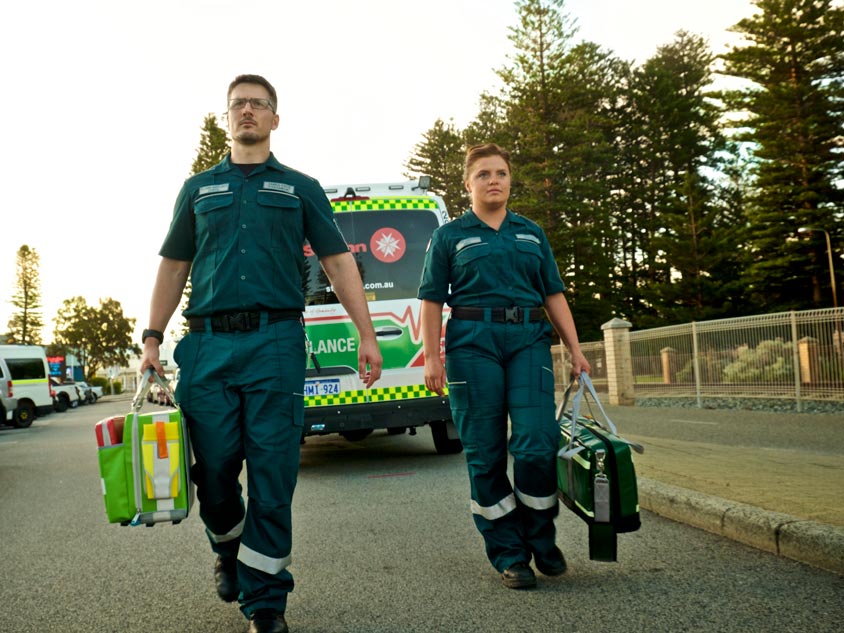‘Blue Trauma Syndrome’: the alarming statistics around depression in emergency service workers

Causes and risk factors
While depression isn’t an illness isolated to the 40s, it’s a decade to invest in your mental health.
In fact, women between the ages 45 and 64 are the greatest risk group for developing depression.
Depression isn’t a static illness. It varies in severity and depends greatly on environment, life stage, and support circle.
Topping the list of causes and risk factors is experiencing stressful events.
From health problems and marriage issues to financial challenges and exposure to trauma, a wide sweep of situations can trigger depression – many of which, are common in the everyday life of an emergency service worker.
The hidden ‘bad guys’
Author and ex-policeman John Marx introduces the acronym, PMES, in his book, Armor Your Self. PMES stands for Physical, Mental, Emotional and Spiritual health, and are the things that “attack our personalities.”
Marx touches on the accumulation of memories that can lead to depression,
PTSD, substance abuse, over-eating – and, in the worst instance, suicide. He calls this the “dangers that don’t kill you.”
You can’t see it, touch it and, most times, even describe it. But it attacks first responders every day.
Often, it’s dismissed as signs of burnout, bad moods and anger. When, in reality, it’s masked deep, unresolved depression.
Marx encourages officers to move past the old paradigm of ‘physical fitness solves everything’, ‘If I’m sad, I’m weak’ mentality. And that, like the muscles in our bodies, resilience needs to be built (and maintained), through psychological support.
This is especially true for public workers juggling transitions, like a mid-40s woman with perimenopause (the most at-risk group) or a man going through a divorce, fighting for custody.
11% of Australian emergency workers have PTSD, compared to 4% of the general population.
The physically demanding nature of work, witnessing death and trauma, the shift work and missing special events with loved ones all compound, unless managed.
Alcohol, drugs and food become toxic coping tools to ‘switch off.’
Know the warning signs
Depression affects people in different ways. Look out for these symptoms, whether it’s you in uniform or a loved one
Symptoms include:
- Feeling extremely sad, flat or numb
- Disturbances to normal sleep patterns
- Loss of interest and motivation
- Constant guilt or feeling worthless
- Less pleasure in activities
- Anxiety and worry
- Changes in appetite or weight
- No sexual desire
- Physical aches and pains
- Impaired thinking or concentration
Depression is much like any health illness. It requires ongoing treatment and new, lifelong habits that’ll keep the illness at bay.
It is treatable and for officers and emergency workers, absolutely imperative to work on. Yes, even if you’re not feeling blue.
Become mentally fit, to manage psychological stresses
To live a healthy life, it’s important to follow Marx’s PMES approach to cover Physical, Mental, Emotional and Spiritual support.
Cover like no other
We understand the demands of front line work more than any other insurer. After all, we've been looking after the health and wellbeing of the police community for more than 85 years. Whether you’re already a member, or interested in becoming one, call us to find out how to get the most out of our cover and benefits. We’re here to help.